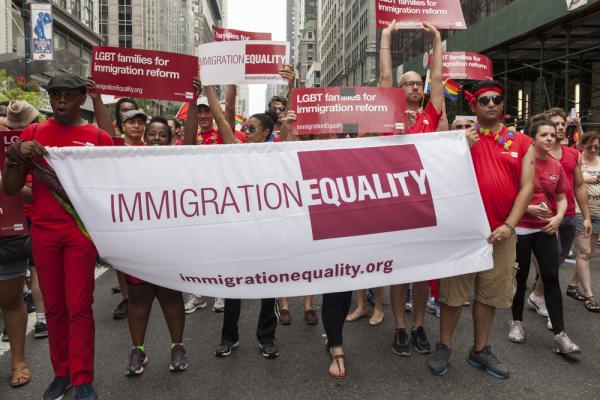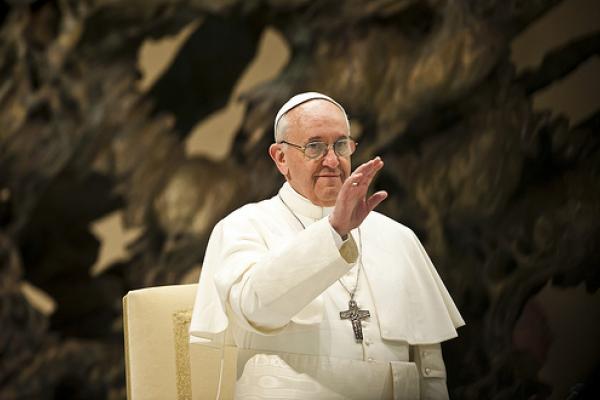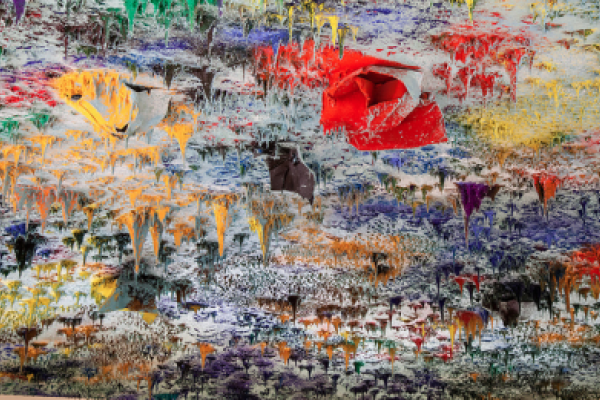I’m a big fan of the TV show Mad Men, which takes place in the midst of the Madison Avenue advertising agencies back in the ’60s and ’70s. Sure, I enjoy the drama and the “cool factor” of Don Draper and his cavalier ad team. But for me, the most fascinating part is all of the cultural norms of the time that seem fairly shocking now, only a few decades later.
Of course, there’s all the drinking and smoking in the office, but beyond that, the way that non-Anglo employees and the women in the workplace are treated would today be grounds for a lawsuit, if not public shaming for such brazen chauvinism. The thing that’s hard to remember is that, although we see such behavior as morally offensive today, it was simply normal back then.
With 2013 gone, many people will be contemplating how 2014 will be different from the year gone by. Some people want to lose weight, read more, travel the world, or stop biting their nails. New Year’s resolutions are supposed to give us tangible goals to better ourselves for the year to come.
Resolutions, however, are not just for people. I believe that there are 14 things that the church needs to do in 2014 if it is to thrive, grow, and be relevant in the 21st century.
Pope Francis, in his message for the World Day of Peace on Jan. 1, stresses the concept of fraternity as the basis for a moral economy, moral society, and moral relationships among nations.
A longing for fraternity, the pope argues, lives within every human heart.
In the heart of every man and woman is the desire for a full life, including that irrepressible longing for fraternity which draws us to fellowship with others and enables us to see them not as enemies or rivals, but as brothers and sisters to be accepted and embraced. Fraternity is an essential human quality, for we are relational beings. A lively awareness of our relatedness helps us to look upon and to treat each person as a true sister or brother; without fraternity it is impossible to build a just society and a solid and lasting peace.
Too often, Pope Francis explains, this human desire for fraternity has been undermined by other human inclinations, those of selfishness, envy, and greed. He argues that those inclinations form a poor foundation for human societies and economies, and that we must build a foundation for society and the economy based on the “transcendent dimension” of humanity:
Growing up in Texas, fairly close to New Orleans, I knew all about Mardi Gras. It was a big deal in the South, replete with combinations of debaucherous consumption and self-exposure. What I didn’t understand, being the good evangelical Protestant that I was at the time, was that it actually was the celebration preceding the liturgical period of Lent.
It was only once I framed the excesses of Mardi Gras with the self-discipline and austerity of Lent that it began to make much sense. Not that the gratuitous self-abuse was then justified, but at least it made more sense, given the things everyone was supposed to give up during the weeks to come.
This got me thinking about how we approach New Year’s Eve, and framing it, too, by what we expect and anticipate from New Year’s Day. Yes, the celebrations of New Year’s Eve are, in some ways, just an excuse to indulge ourselves in excessive partying, but they also stand in contrast against the hopes we hold for the following day.
LONDON — Eight of the 47 countries that hold seats on the United Nations Human Rights Council imprisoned people in 2013 under laws that restrict religious freedom, according to a new report from Human Rights Without Frontiers International, a nonprofit advocacy organization based in Belgium.
The eight UNHRC member states on the group’s second annual World Freedom of Religion or Belief Prisoners List, released Monday, are Morocco, China, and Saudi Arabia (whose new three-year terms begin Wednesday), and current members India, Indonesia, Kazakhstan, Libya, and South Korea.
Hundreds of believers and atheists were imprisoned in these and 16 other countries for exercising religious freedom or freedom of expression rights related to religious issues, according to the report. These rights include the freedom to change religions, share beliefs, object to military service on conscientious grounds, worship, assemble, and associate freely. Violations related to religious defamation and blasphemy are also included in the report.




